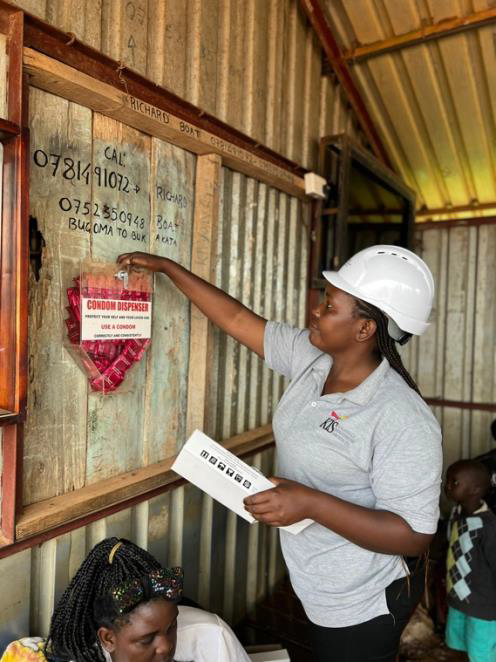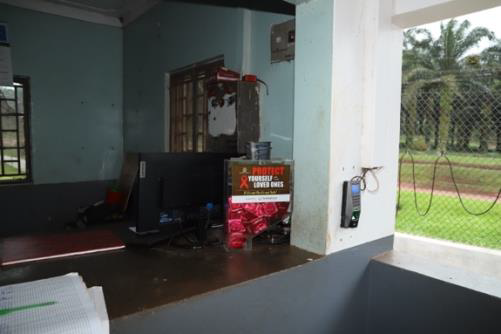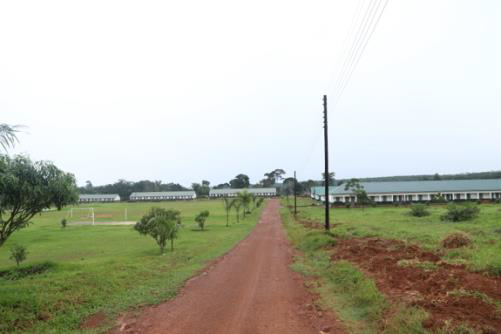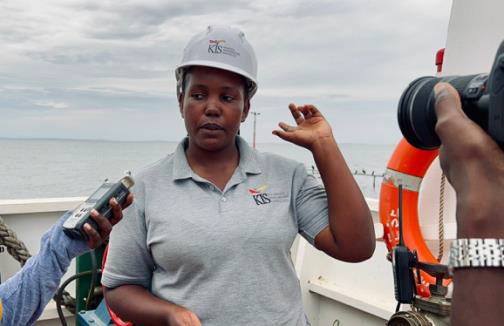In a targeted effort to address HIV incidence and enhance antiretroviral therapy (ART) adherence among high-risk populations in Kalangala, the Infectious Disease Institute (IDI) sought technical assistance from USAID’s Social and Behaviour Change Activity (SBCA). The request aimed to facilitate an audience consultation with fisherfolk and female sex workers (FSWs), whose transient and remote lifestyles present significant challenges for HIV prevention and treatment engagement.
Through co-creation sessions, the consultations revealed an untapped communication network among the fisherfolk and FSWs, many of whom are frequently on the waters of Lake Victoria or travelling between islands. This transient lifestyle limits their interaction with health facilities, as they are often in and out of the island. Some communities reside on remote outposts scattered across Kalangala’s many islands, where access to HIV prevention information is sparse. In these areas, individuals must endure long boat trips to reach health centres. Further complicating the issue, lodge and bar owners were reported to sell condoms at inflated prices (UGX 2,000), reflecting the high transportation costs involved in acquiring them.

SBCA identified key intervention points, such as leveraging the boda boda (motorcycle taxi) network, which connects travelers to FSWs, and the ferry system, a potential avenue to reach transient audiences with HIV messaging and services. Another significant opportunity emerged with Oil Palm Uganda Limited (OPUL), the largest employer on Kalangala Island, which operates residential camps for workers managing its 6,600 hectares of palm oil plantations. OPUL’s clinics offer an additional access point for reaching their insured employees with HIV prevention services.
Building on these insights, IDI has initiated a series of interventions to increase HIV prevention awareness, testing, and ART adherence. In collaboration with Kalangala Infrastructure Services (KIS), IDI established a chain of self-testing and condom distribution points, making HIV self-testing kits, lubricants, and condoms available to travelers aboard ferries and at dock stations.
A key component of this intervention was identifying focal persons within all the islands in Kalangala to ensure the dispensers were consistently stocked and to communicate emerging trends in demand. One of these is, Joan Zalwango, a KIS navigator, who shared her story of how her relationships with frequent travelers led to her selection for this role. Known as a “Bro” by vacationers and boda drivers, Joan has fostered trust within the community, enabling open conversations about HIV prevention. She assists individuals in using the self-testing kits and, when necessary, refers those with positive results to nearby health facilities for confirmatory testing and ART initiation, using boda drivers as referral agents. IDI’s collaboration with OPUL has been equally impactful. The company has integrated HIV testing into its annual medical exams and employee onboarding process, ensuring early detection and prompt initiation of ART. OPUL also works closely with the local Health Center III, coordinating strategic outreach sessions in the evenings when workers return from the plantations. These outreach efforts provide workers and their families access to a range of health services, including ART refills and family planning consultations. Additionally, OPUL supports the collection and distribution of ART medication for employees already enrolled in treatment.


One of the residential campsites for the OPUL employees with a condom dispensing facility.
To further embed HIV prevention within the community, IDI has enlisted the help of boda drivers, who are intimately familiar with local risk behavior hotspots and previously served as intermediaries between new FSWs and clients. These boda drivers have now become community health champions, distributing condoms, lubricants, and self-testing kits, while serving as trusted peers in the fight against HIV.
FSW influencers have also been brought into the fold, joining forces with boda drivers to conduct joint community outreaches and health education sessions in collaboration with local health facilities. Together, they are creating a strong, community-based response to HIV, amplifying access to prevention tools and fostering a supportive environment for testing and treatment.
The demand for condoms, lubricants, and HIV self-testing kits has far exceeded expectations, with supplies like lubricant and self-testing kits running out quickly. There are ongoing challenges, particularly in promoting Pre-Exposure Prophylaxis (PrEP) uptake among FSWs, as follow-through remains difficult. However, new opportunities for expanding intervention efforts continue to emerge. For example, IDI has yet to fully capitalize on the ferry system’s potential for HIV messaging through posters and public address systems—avenues that could significantly increase awareness of available prevention tools and services.


